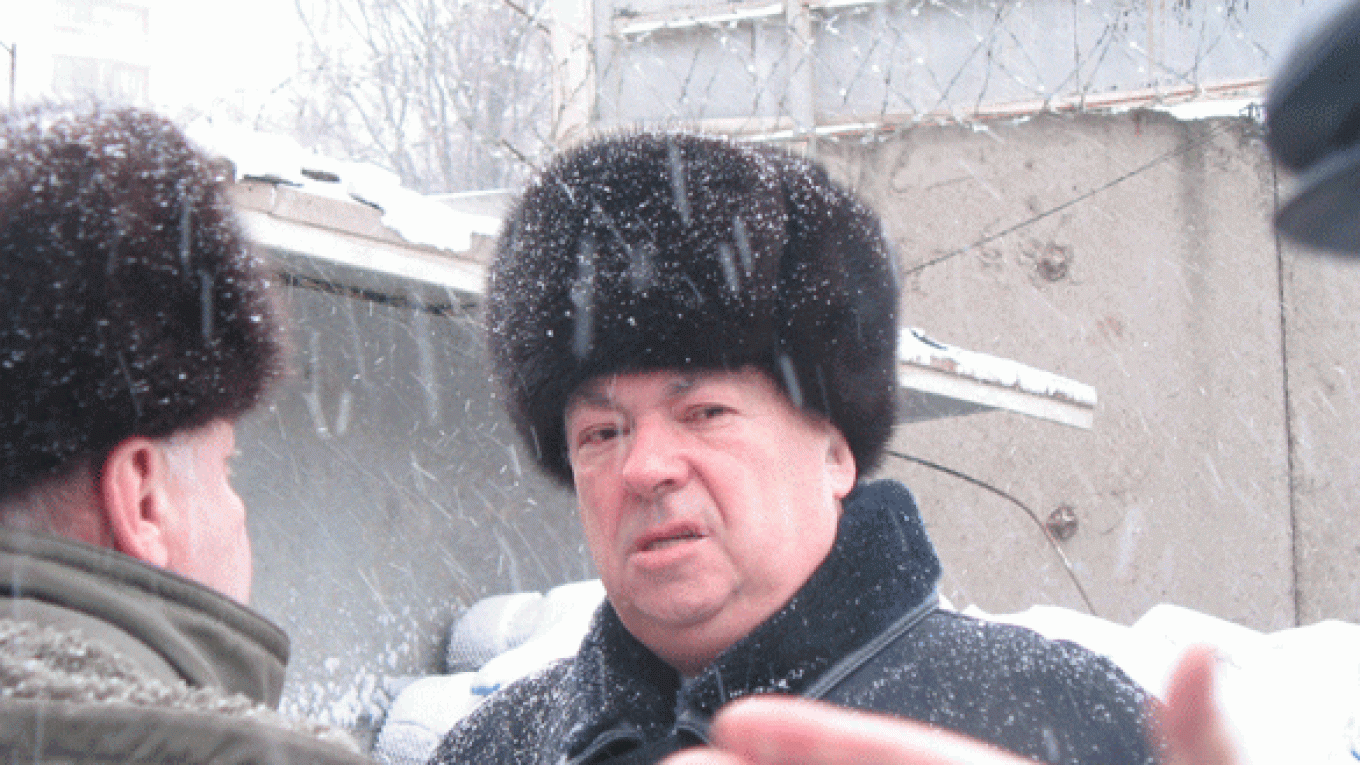City Hall's top real estate official, Vladimir Resin, who has worked in the construction industry since the Khrushchev era, has traded his post for a State Duma seat, RIA-Novosti Tuesday.
Mayor Sergei Sobyanin also removed Monday long-serving Deputy Mayor Lyudmila Shvetsova, who was elected to the Duma on United Russia's ticket along with Resin, a first deputy mayor.
Both officials have been prominent fixtures of the capital's political landscape during the tenure of Sobyanin's predecessor, Yury Luzhkov, from 1992 to 2010.
Resin and Shvetsova retained their posts after Luzhkov was sacked by the Kremlin over a "loss of confidence," but many analysts saw it as a temporary measure needed to ensure a smooth transfer of power to Sobyanin's team.
The removal of Luzhkov-era officials is to continue next year, a city government official told The Moscow Times.
"New tasks are in the cards, and you need to be in better shape to tackle them," said the official, who asked for anonymity because he was not authorized to speak publicly.
The only Luzhkov-era deputy mayor to remain on the job now is Pyotr Biryukov, who is in charge of communal utilities. No plans for his possible removal have been announced.
Vladimir Petrosyan, head of the city's welfare department, was appointed as a temporary replacement to Shvetsova, despite earlier reports by Vedomosti that her successor might be Sergei Kapkov, who heads the city's culture department.
No replacement for Resin was announced. Sobyanin said earlier that he intended to eliminate the first deputy mayor's post after Resin's departure.
Resin, 75, has worked in construction since 1962. He came to the city government in 1990 and also oversaw the capital's lucrative construction sector, which underwent a boom in the 2000s.
In 2009, Vedomosti reported that Resin was wearing wristwatches worth $1 million, which he could not afford on his official salary. Resin denied the price tag.
Shvetsova, 62, came to City Hall in 1994 after a stint at the federal government and was responsible for social policy. She earned praise from the city's Georgian diaspora for promoting cultural ties between Moscow and Tbilisi after a brief Russia-Georgia war in 2008.
A Message from The Moscow Times:
Dear readers,
We are facing unprecedented challenges. Russia's Prosecutor General's Office has designated The Moscow Times as an "undesirable" organization, criminalizing our work and putting our staff at risk of prosecution. This follows our earlier unjust labeling as a "foreign agent."
These actions are direct attempts to silence independent journalism in Russia. The authorities claim our work "discredits the decisions of the Russian leadership." We see things differently: we strive to provide accurate, unbiased reporting on Russia.
We, the journalists of The Moscow Times, refuse to be silenced. But to continue our work, we need your help.
Your support, no matter how small, makes a world of difference. If you can, please support us monthly starting from just $2. It's quick to set up, and every contribution makes a significant impact.
By supporting The Moscow Times, you're defending open, independent journalism in the face of repression. Thank you for standing with us.
Remind me later.






